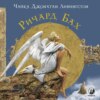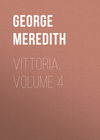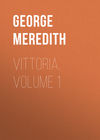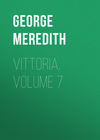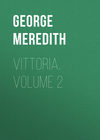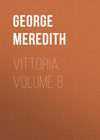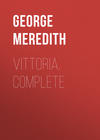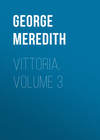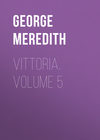Читать книгу: «A Reading of Life, with Other Poems», страница 7
Шрифт:
CLASH IN ARMS OF THE ACHAIANS AND TROJANS
Iliad, B. XIV. V. 394
Not the sea-wave so bellows abroad when it bursts upon shingle,
Whipped from the sea’s deeps up by the terrible blast of the Northwind;
Nay, nor is ever the roar of the fierce fire’s rush so arousing,
Down along mountain-glades, when it surges to kindle a woodland;
Nay, nor so tonant thunders the stress of the gale in the oak-trees’
Foliage-tresses high, when it rages to raveing its utmost;
As rose then stupendous the Trojan’s cry and Achaians’,
Dread upshouting as one when together they clashed in the conflict.
THE HORSES OF ACHILLES
Iliad, B. XVII. V. 426
So now the horses of Aiakides, off wide of the war-ground,
Wept, since first they were ware of their charioteer overthrown there,
Cast down low in the whirl of the dust under man-slaying Hector.
Sooth, meanwhile, then did Automedon, brave son of Diores,
Oft, on the one hand, urge them with flicks of the swift whip, and oft, too,
Coax entreatingly, hurriedly; whiles did he angrily threaten.
Vainly, for these would not to the ships, to the Hellespont spacious,
Backward turn, nor be whipped to the battle among the Achaians.
Nay, as a pillar remains immovable, fixed on the tombstone,
Haply, of some dead man or it may be a woman there-under;
Even like hard stood they there attached to the glorious war-car,
Earthward bowed with their heads; and of them so lamenting incessant
Ran the hot teardrops downward on to the earth from their eyelids,
Mourning their charioteer; all their lustrous manes dusty-clotted,
Right side and left of the yoke-ring tossed, to the breadth of the yoke-bow.
Now when the issue of Kronos beheld that sorrow, his head shook
Pitying them for their grief, these words then he spake in his bosom;
“Why, ye hapless, gave we to Peleus you, to a mortal
Master; ye that are ageless both, ye both of you deathless!
Was it that ye among men most wretched should come to have heart-grief?
’Tis most true, than the race of these men is there wretcheder nowhere
Aught over earth’s range found that is gifted with breath and has movement.”
THE MARES OF THE CAMARGUE
From the Mirèio of Mistral
A hundred mares, all white! their manes
Like mace-reed of the marshy plains
Thick-tufted, wavy, free o’ the shears:
And when the fiery squadron rears
Bursting at speed, each mane appears
Even as the white scarf of a fay
Floating upon their necks along the heavens away.
O race of humankind, take shame!
For never yet a hand could tame,
Nor bitter spur that rips the flanks subdue
The mares of the Camargue. I have known,
By treason snared, some captives shown;
Expatriate from their native Rhone,
Led off, their saline pastures far from view:
And on a day, with prompt rebound,
They have flung their riders to the ground,
And at a single gallop, scouring free,
Wide-nostril’d to the wind, twice ten
Of long marsh-leagues devour’d, and then,
Back to the Vacarés again,
After ten years of slavery just to breathe salt sea
For of this savage race unbent,
The ocean is the element.
Of old escaped from Neptune’s car, full sure,
Still with the white foam fleck’d are they,
And when the sea puffs black from grey,
And ships part cables, loudly neigh
The stallions of Camargue, all joyful in the roar;
And keen as a whip they lash and crack
Their tails that drag the dust, and back
Scratch up the earth, and feel, entering their flesh, where he,
The God, drives deep his trident teeth,
Who in one horror, above, beneath,
Bids storm and watery deluge seethe,
And shatters to their depths the abysses of the sea.
Cant. iv.
Возрастное ограничение:
12+Дата выхода на Литрес:
14 сентября 2018Объем:
50 стр. 1 иллюстрацияПравообладатель:
Public Domain









